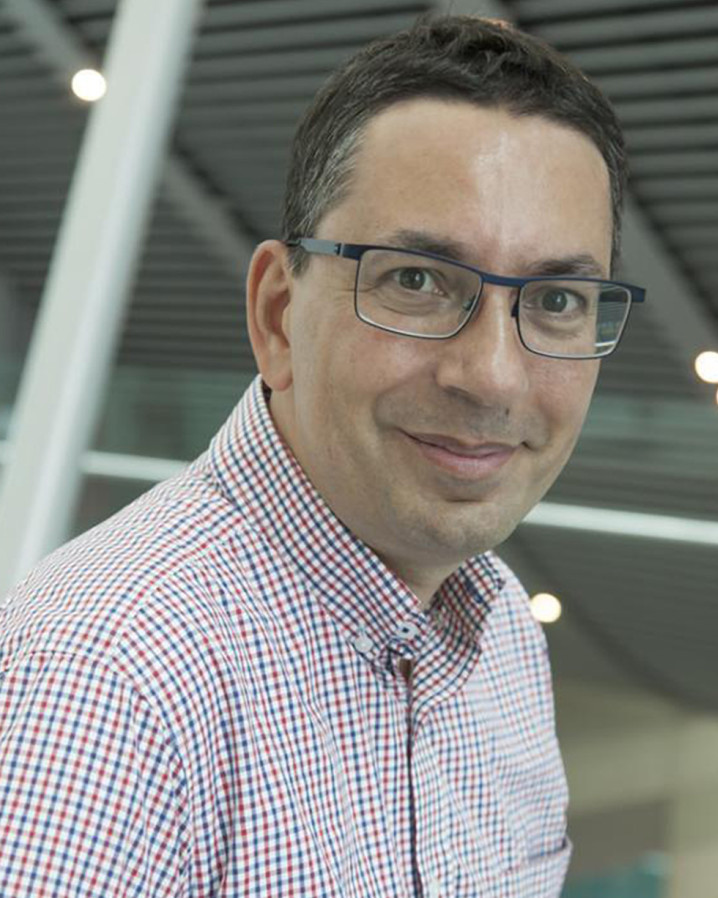
Please join us for the next instalment of the Wright Fleming Institute Seminar Series (Winter/Spring)
Professor Caetano Reis e Sousa (hybrid seminar)
Biography
Caetano Reis e Sousa obtained a BSc Hons in Biology in 1989 from Imperial College London, and a DPhil in Immunology in 1992 from the University of Oxford. He subsequently trained as a postdoctoral fellow at the National Institutes of Health, USA, with Ron Germain.
In 1998 he joined the Imperial Cancer Research Fund, later re-named Cancer Research UK London Research Institute, where he headed the Immunobiology Laboratory. His laboratory became part of the Francis Crick Institute in 2015.
He is currently a senior group leader and assistant research director at the Crick and head of the Immunobiology Laboratory. He is also Professor of Immunology in the Department of Medicine at Imperial College London and holds honorary professorships at both University College London (UCL) and King’s College London.
Caetano’s contributions have been widely recognised and he is included in the list of Highly Cited Researchers (2014-present) and has won the BD Biosciences Prize of the European Macrophage and Dendritic Cell Society (2002), the Liliane Bettencourt for Life Sciences Award (2008), the Award for Excellence in Basic/Translational Research from the European Society for Clinical Investigation (2011), the Louis-Jeantet Prize for Medicine (2017) and the Bial Award in Biomedicine (2019). He is co-founder of Adendra Therapeutics (2021).
He is a fellow of the Royal Society (elected 2019), fellow of The Academy of Medical Sciences (elected 2006), a member of the European Molecular Biology Organisation (EMBO; elected 2006) and was made an Officer of the Order of Sant’Iago da Espada by the government of Portugal, his home country, in 2009. https://en.wikipedia.org/wiki/Caetano_Reis_e_Sousa
Reis e Sousa Lab: Immunobiology Laboratory
Dendritic cells (DC) play a key role in the initiation and regulation of adaptive immune responses and, therefore, the manipulation of DC has tremendous potential for cancer immunotherapy and for vaccination against infectious agents.
We study innate immune receptors and signalling pathways that trigger DC activation and promote T cell priming or that generally act to modulate the function of DC. Many of these pathways are shared with other cell types and are triggered in response to infection or cell death.
In a related research programme, we study DC and myeloid cell heterogeneity and ontogeny with a view to understand the role of distinct DC subtypes in mouse and in human.
Please join this hybrid event
Location: Cockburn LT/Teams
Join on your computer or mobile app
Click here to join the meeting


